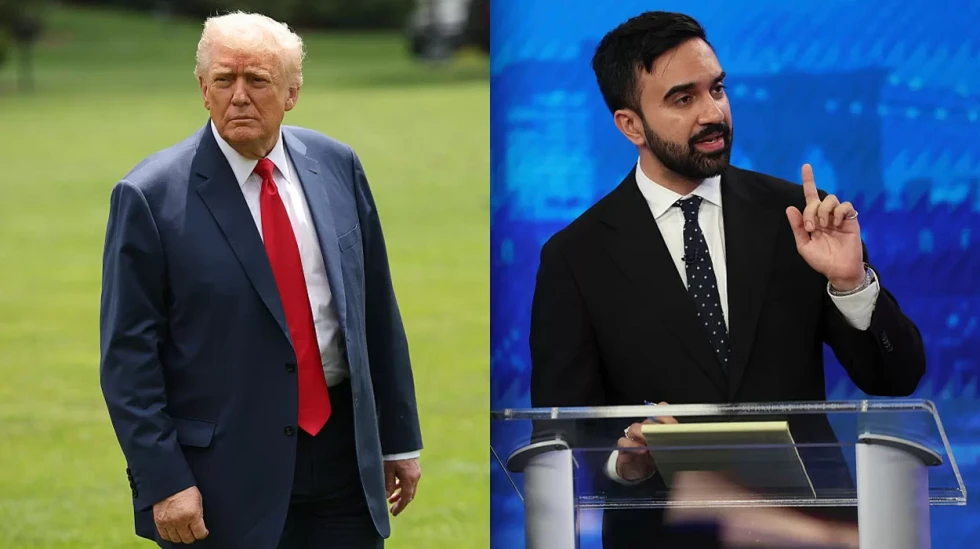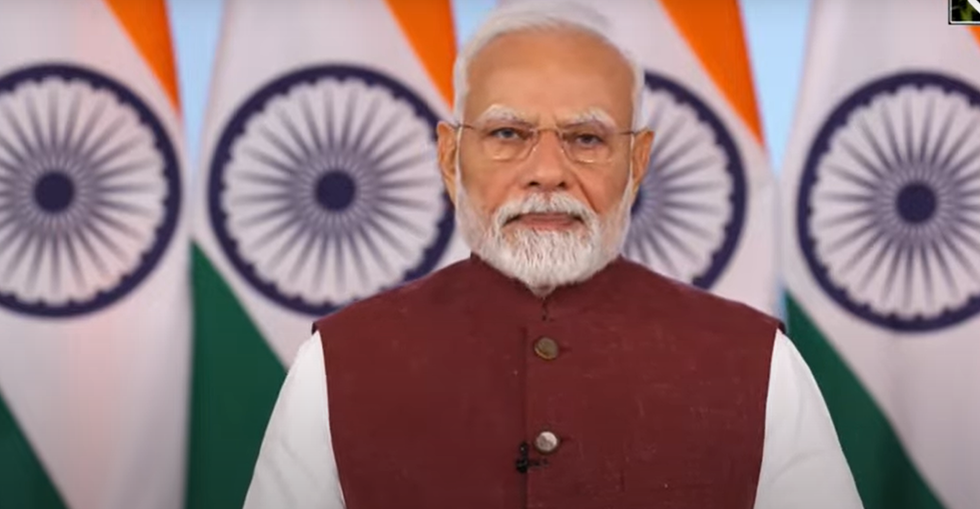THE UK's Conservative government is set to reveal a pre-election budget on Wednesday (6), possibly incorporating voter-friendly initiatives, given prime minister Rishi Sunak's party lagging behind the main opposition Labour in polls.
However, significant giveaways are unlikely, as persistent high inflation increases repayments on state borrowing, limiting the capacity to bolster the country's economy, which is grappling with recession.
Finance minister Jeremy Hunt, who unveils his budget before parliament, dampened hopes of major tax cuts in comments at the weekend.
“It’s going to be a prudent and responsible budget for long term growth,” Chancellor of the Exchequer Hunt told Sky News.
In an interview with the BBC, he said: “I think the most unconservative thing I could do would be to cut taxes by increasing borrowing.
“Because that’s just cutting taxes and saying that future generations have to pick the tax up.”
‘Weak outlook’
Britain is expected to face a general election this year, though the exact timing is unclear, as Sunak looks to claw back ground from Labour leader Keir Starmer.
The budget “could be the last fiscal set-piece before the next general election, and may end up defining the campaign”, noted the Institute for Fiscal Studies think tank.
“Despite pressure to cut taxes, the outlook for the public finances remains weak,” the IFS added.
Kathleen Brooks, analyst at XTB trading group, said the fiscal headroom available to Hunt is about £20 billion, lower than an average of almost £30 bn since the Tories came to power in 2010.
Tax cuts could impact public investment in key areas, such as the National Health Service, which is creaking under the strains of huge waiting lists and strikes by doctors seeking higher pay.
“If tax cuts are seen as being made in the face of crumbling public services that’s a problem,” Tim Bale, professor of politics at Queen Mary University of London, told AFP.
While UK inflation is easing, notably on cooler energy bills, a current annual rate of four percent is still double the Bank of England’s target.
The central bank has lifted interest rates to 5.25 per cent, a 15-year peak, to dampen inflation after it soared to the highest level in more than four decades in late 2022.
Hiking borrowing costs has meanwhile worsened a cost-of-living crisis as commercial banks go on to increase their own interest rates on loans, including mortgages.
Tax grab?
UK media reports suggest that the Tories could use the budget to steal a pledge by Labour, should it win the election, to scrap a loophole enabling Britain’s wealthiest residents to reduce their tax bill.
Non-dom status refers to people living in Britain whose permanent domicile is abroad, allowing them to avoid UK tax on income earned outside the country.
“As for stealing some of Labour’s clothes by supposedly hitting the wealthy, that will cause Labour some problem since they’ve made spending promises on that front,” noted Bale.
He said the Conservatives need not “worry about donors deserting them”.
“Most ultra-high net worth individuals funding the Conservatives are far more worried about a Labour government than they are about paying Jeremy Hunt a little more money in tax.”
Growth push
Meanwhile, ahead of the Budget, Hunt has made a series of announcements aimed at benefiting UK manufacturing and improving the functioning of public sector units.
This includes £73 million in combined government and industry investment for cutting-edge automotive R&D projects to support the development of electric vehicle technology and deliver highly skilled jobs.
The Chancellor also announced an increase of up to £120 million in the Green Industries Growth Accelerator to further support the expansion of low-carbon manufacturing supply chains across the UK, lowering costs and accelerating the transition. With this increase, the total fund for the initiative is almost £1.1 billion.
Hunt outlined plans to improve public sector productivity as an alternative to accepting an ever-increasing bill for public services.
This includes the use of artificial intelligence in MRI scanners that will cut scan times by over a third. This will bring down time for patients awaiting cancer results.
An investment of over £230 million will be made for the rollout of time-saving technology that will help the police spend less time on administrative tasks and devote more to tackling crime.
This will involve the use of video calls to interview witnesses and victims, drones as first responders in incidents like traffic accidents, and AI to triage 101 calls to get members of the public the right support faster.
(Agencies)















